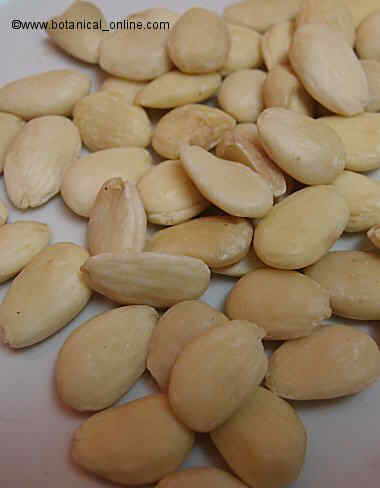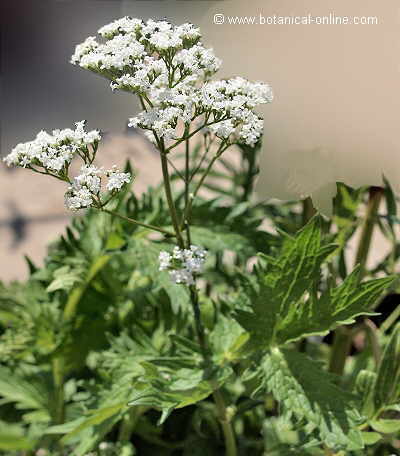Contraindications of Rheum officinale and Rheum palmatum
Who should not take rhubarb?
- Pregnancy and lactation: Rhubarb is a plant that stimulates movement of smooth muscles of organs, such as the stomach, intestines and liver.
It can also have abortifacient effects by stimulating the walls of the uterus, so it is discouraged in pregnant women.
Nor should it be taken during breast-feeding because its components pass into breast milk.
In cases of constipation, it is important to note that during gestation, the body naturally slows down the stool rhythm to better absorb nutrients, so it is advisable to see a doctor to evaluate the normal frequency of bowel movements.
See also: Diet for constipation.
- Chronic constipation: Rhubarb is not effective for long treatments or to remedy chronic constipation.
The use of anthraquinones causes intestinal dependence, which, when used in a perpetuated way can cause less movement of the intestines when the supplement is not taken, aggravating the situation of constipation.
In case of chronic constipation, the doctor should be consulted to provide adequate guidelines and remedies.
- Intestinal diseases. Rhubarb, like other anthraquinone-containing plants, can not be used in intestinal diseases such as irritable bowel, Crohn’s disease, appendicitis, ulcerative colitis, or other intestinal disorders.

- Kidney problems. Because of the high oxalate content of the root and petiole, rhubarb supplements should not be used or consumed as food by people with stones in the kidneys, cystitis, nephritic colic, kidney infections or other kidney disorders, since these compounds (Oxalates) should be removed through the urine.
Its use in these cases can aggravate these diseases. It is also not advised in people with oxaluria or those whom grit in the urine has been detected to. For the same reason, long treatments with rhubarb are discouraged.
- Gallstones. The consumption of rhubarb in people with gallstones is discouraged due to its cholagogue and choleretic effect.
- Health disorders: Rhubarb is not suitable for people with liver failure, cirrhosis, hepatitis or other liver disorders. The compounds it contains must be filtered in this organ, and, if it is diseased (by an infection, virus, etc.), it can be further damaged or an existing disease aggravated.
Therefore, when pain or indications appear that the liver is not well (jaundice, pain), it is very important to go to the doctor and take it only under your supervision.
- People with rheumatism, arthritis or gout should take special care with rhubarb, since their content in oxalates can accentuate the symptoms of these diseases.
* Related information: Rhubarb toxicity, rhubarb poisoning leaves
![]() More information on rhubarb.
More information on rhubarb.








